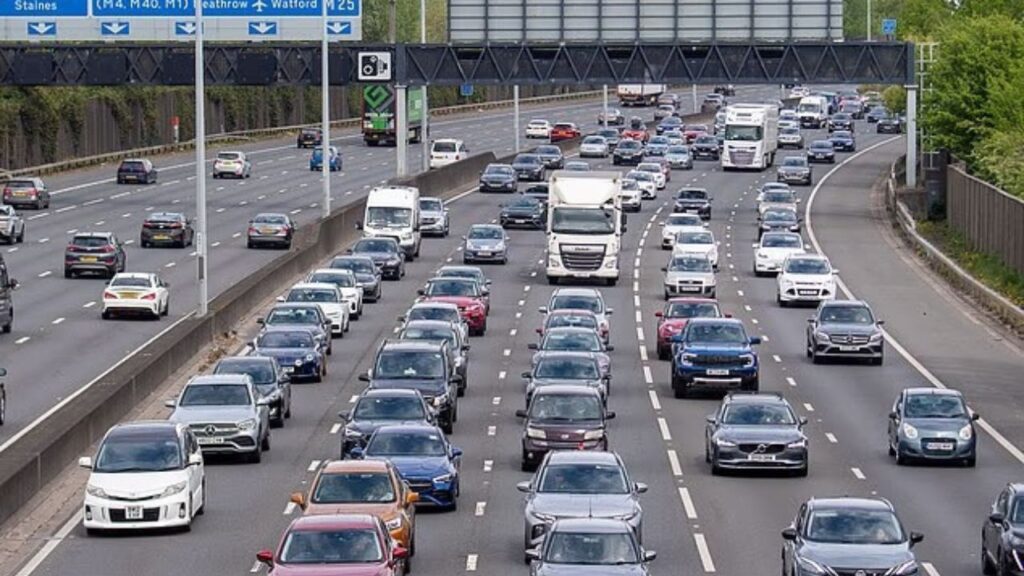In a twist that’s revving up conversations across the UK, the nation’s cars have never been older, with the average motor now clocking in at a venerable nine years and ten months, according to a gripping analysis by the RAC Foundation. This marks the oldest average age since records began, painting a vivid picture of a country clinging to its trusty vehicles amidst economic and environmental shifts.
A decade ago, in 2015, the average car was a sprightly seven years and five months old. Rewind further to 2003, and it was a mere six years and one month. Today’s figures reveal a dramatic ageing of Britain’s car parc, with over 40.7% of the 34 million licensed cars on the road at the end of 2024 being at least a decade old—a stark contrast to just 32.7% in 2015.
This trend tells a tale of two roads. On one hand, modern cars are proving to be mechanical marvels, boasting improved design and reliability that keep them purring well into their twilight years. “The days of cars rusting away before your eyes are long gone,” says Steve Gooding, director of the RAC Foundation. “Even a twenty-year-old car with a solid service history can be a savvy buy, blending vintage charm with modern reliability.”
Yet, beneath the bonnet lies a more complex story. Soaring new car prices, fueled by a cost-of-living squeeze, have left drivers hesitant to trade in their old faithfuls. The shift to electric vehicles (EVs) adds another layer of intrigue. While petrol cars average a creaky ten years and four months and diesels trail closely at ten years and one month, newer tech like plug-in hybrids (three years and four months) and EVs (a youthful two years and six months) are still finding their footing.
The environmental implications are equally compelling. The slow turnover of older, fossil-fueled cars is stalling the UK’s green ambitions. “The ageing fleet means the switch to low- or zero-emission vehicles isn’t happening as fast as policymakers hoped,” Gooding notes. Factors like the 2016 peak in new car sales, followed by disruptions from Covid, economic pressures, and mixed messages about the ban on new petrol and diesel models, have left drivers adopting a cautious “wait-and-see” approach. Meanwhile, the expanding network of public EV chargers and new electric models rolling into showrooms are tempting, but not yet enough to spark a mass exodus from older vehicles.
As Britain’s roads become a living museum of automotive endurance, the question looms: will drivers hold fast to their battle-tested motors, or will the allure of cutting-edge EVs finally shift gears? For now, the nation’s cars are proving that age is just a number—and they’re wearing it with pride.






